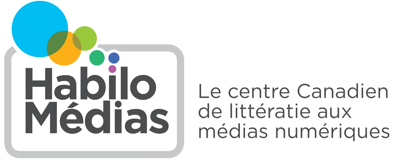Science for Citizens 11
Curricular Competencies
Students are expected to be able to do the following:
Questioning and predicting
- Demonstrate a sustained intellectual curiosity about a scientific topic or problem of personal, local, or global interest
- Make observations aimed at identifying their own questions, including increasingly abstract ones, about the natural world
- Formulate multiple hypotheses and predict multiple outcomes
Planning and conducting
- Use appropriate SI units and appropriate equipment, including digital technologies, to systematically and accurately collect and record data
- Apply the concepts of accuracy and precision to experimental procedures and data:
-
- significant figures
- uncertainty
- scientific notation
Processing and analyzing data and information
- Use local knowledge to experience and interpret the local environment
- Construct, analyze, and interpret graphs, models, and/or diagrams
- Use knowledge of scientific concepts to draw conclusions that are consistent with evidence
- Analyze cause-and-effect relationships
Evaluating
- Evaluate their methods and experimental conditions, including identifying sources of error or uncertainty, confounding variables, and possible alternative explanations and conclusions
- Describe specific ways to improve their investigation methods and
- the quality of their data
- Evaluate the validity and limitations of a model or analogy in relation
- to the phenomenon modelled
- Demonstrate an awareness of assumptions, question information given, and identify bias in their own work and in primary and secondary sources
- Consider the changes in knowledge over time as tools and technologies have developed
- Connect scientific explorations to careers in science
- Exercise a healthy, informed skepticism and use scientific knowledge and findings to form their own investigations to evaluate claims in primary and secondary sources
- Consider social, ethical, and environmental implications of the findings from their own and others’ investigations
- Critically analyze the validity of information in primary and secondary sources and evaluate the approaches used to solve problems
- Assess risks in the context of personal safety and social responsibility
MediaSmarts Resources
Authentication Beyond the Classroom
Hoax? Scholarly Research? Personal Opinion? You Decide!
Reality Check: Getting the Goods on Science and Health
Content
Students are expected to know the following
- evidence-based decision making through science
- personal and public health practices, including First Peoples traditional health and healing practices
- impact of technologies
- impacts of technology in the workplace
MediaSmarts Resources
Reality Check: Getting the Goods on Science and Health
The Invisible Machine: Big Data and You
